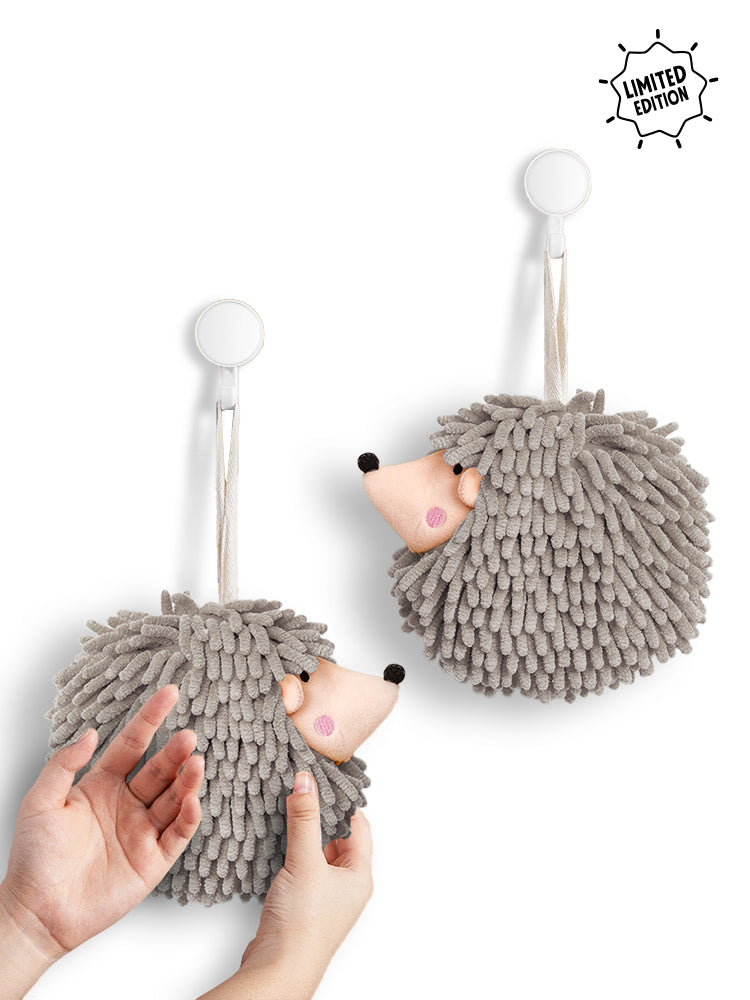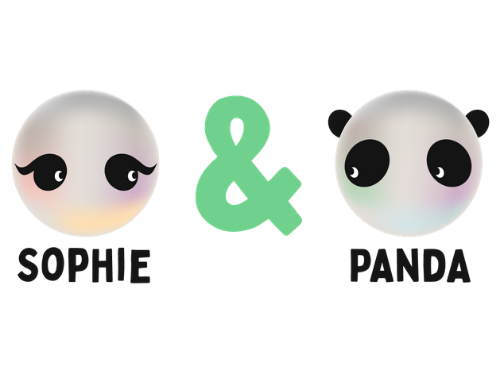
Clutter may seem like just piles of stuff around your home, but did you know that your personality also plays a role in the items you keep? If you’ve tried various decluttering methods but nothing seems to stick, except the clutter lurking around your home, figuring out what your “clutter personality” is can be a game-changer.
We went straight to the experts to learn about the various types of clutter personalities and the best organization tips to use for each one, so you can finally find a solution that works for your lifestyle.
6 Clutter Personality Types with Organizing Solutions for Each
Organizing methods are like diets—what works for one person may not work for you. Diane N. Quintana, certified professional organizer and founder of DNQ Solutions, LLC, says that organizing anything is a very personal journey.
“Each one of us is unique, so while there are organizing tendencies, you may find that parts of one or more of the organizing personalities resonate with you,” she informs.
“The other thing to remember is that organizing strategies and solutions must change as your life changes," she adds. "If a particular strategy that you’ve used for a long time is no longer working, ask yourself what has changed in your life. Identify the change and then tweak the system to accommodate the new you.”
Out of Sight, Out of Mind
Do you tend to keep your counters riddled with items so you know where they are? Quintana says that the “out of sight, out of mind” personality likes to see what they have. “If something is stored away, it may as well not exist," she says. "These individuals leave things out to remember them, which often leads to cluttered countertops, desks, or floors. It also results in things being misplaced or lost amongst the clutter."
Since this personality type needs visual reminders, Quintana suggests using clear containers, labeled baskets, or open shelving to keep important items visible and tidy. “A photo inventory of contents attached to the outside of the clear containers can also be helpful," she adds.
The Perfectionist
Jamie Hord, professional organizer and founder of Horderly, says that this personality type waits for the perfect time to declutter and can become paralyzed from the desire for it to be perfect. “Accept that just getting started is going to feel really good and get you motivated to continue and that progress is better than perfection,” she says.
Quintana says this type is a person who dreams of Pinterest-worthy pantries and color-coded closets. They often delay organizing because they want it done perfectly. This tendency to procrastinate leads to disorganization through inaction. Her organizing solution is to shift your mindset from "perfect or nothing" to "progress over perfection."
“Start small, beginning with one drawer, one cupboard, or one shelf," she suggests. "Create systems that are both functional and beautiful, using matching containers when appropriate. Create routines to maintain order over time instead of trying to get it all done in one day."
The Collector
Collecting can be enjoyable, but space can quickly fill up and make it difficult to keep organized. “Whether it’s books, teacups, tools, stuffies, or vintage toys, this personality type finds joy and meaning in collecting," Quintana says. "The problem is that when collections overflow or take over living spaces, they prevent the person from living the life they desire."
To combat your collection getting out of hand, she recommends creating clear boundaries for collections, such as limiting them to one shelf, one cabinet, or one room. “Display favorites to honor them," she says. "Pack up the rest and, if possible, store them at home, creating a schedule to rotate the collections to avoid overwhelm. If letting go is difficult, try photographing the collections and creating a memory book."
The Hoarder
Collecting is one thing, but hoarding can cause unsafe living conditions. Hord states this clutter type is someone who hoards items to the point where it disrupts their daily life, and they have trouble letting anything go. Hoarding disorder is the most difficult clutter type to have, because people with it will keep almost anything, even if it isn’t valuable.
She advises working with a therapist along with someone who can help them let things go in order to live safely in their home. Starting small can also help and make tackling the overwhelming task much more manageable.
The Struggler
If you have the desire to be organized, but just can’t seem to get things in order, then you may have this type of personality. “People who struggle with organizing may want to start in the ‘right’ room or follow the ‘right’ strategy," Quintana explains. "They are probably overwhelmed by the number of decisions involved as well as the amount of stuff in their home.”
To overcome the struggle, it’s best to start with the easiest wins. “Work in one small, visible area, like a bathroom vanity counter or entryway table," she says. "Use timers and set them for short 10—15-minute organizing sessions, and break tasks into bite-sized steps."
Another tip she recommends implementing is to enlist a trusted friend or hire a professional organizer to keep you accountable and have support and guidance.
Less is More
Keeping clutter at bay creates a calming atmosphere and makes your home much easier to clean. But some people may be quick to dismiss items, and that’s not always the best choice. “These individuals are highly sensitive to clutter," Quintana says. "They are happiest in streamlined, minimalist spaces and may feel overwhelmed or irritable when things pile up. They’re quick to declutter but sometimes make hasty decisions which they later regret."
Her organizing solution to prevent hasty decisions is to use slow-and-steady editing instead of impulse purging. “Establish a holding zone for 'maybe' items to revisit in 30 days," she says. "Focus on quality over quantity. Schedule regular resets and daily tidy-ups to keep clutter under control."
Source: Brancato, K. (2025, July 11). What’s your clutter personality? Knowing it could be the key to a tidier home. Real Simple. https://www.realsimple.com/how-to-determine-your-clutter-personality-11764689


